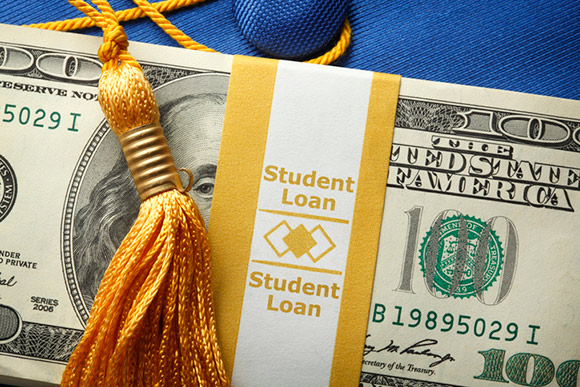It’s a debate that may not seem one-sided to someone swimming in $100K of student loans with no end in sight. Nevertheless, there are at least two sides to the argument. Is allowing former students the ability to discharge their debts by filing for bankruptcy the best way to handle the student loan debt issue? Let’s explore the debate.
Current Bankruptcy Laws Are Complex Regarding Student Loans
First, some facts. Currently, student loans in the U.S. total around 1.5 trillion dollars, and the number continues to rise. The current bankruptcy laws make it extremely difficult to discharge this form of debt. To do so, first, the debtor must file an adversary proceeding in bankruptcy that proves they will suffer undue hardship if they pay the loans in full. An adversary proceeding is not dissimilar to a civil lawsuit: court documents must be filed, motions created, a discovery created, and even a possible trial. All of that is costly and may involve a bankruptcy attorney to help navigate the complex legal system. Not to mention, courts have a very high standard of what “undue hardship” entails.

After an individual files for bankruptcy, the filing goes on their credit report, so they will be unable to obtain a loan or mortgage for several years after filling. As well, employers conducting background checks will be able to see the filling.
Student Loan Debt is Staggering
Another fact: 32 percent of consumers who filed for Chapter 7 bankruptcy in recent years carry student loan debts, according to a LendEDU study. Of that same group, student loan debts comprised almost 50 percent of their total average debt. Because student loan debt is not forgiven when one files for bankruptcy, even after that, 32 percent of consumers filed for bankruptcy, they continued to need to pay their student loan debts.
The average student loan debt per graduating student in 2018 was $29,800.
Coupled with the high cost of living and the fallout of the recession, student loan debt stresses young adults who are already having a hard time saving and building a solid financial foundation.
Those are some of the facts, but the question remains: is allowing student debts to be forgiven by bankruptcy the best answer to the soaring student debt issue?
Senate Act to Address Student Loans in Bankruptcy
Last month, Senator Dick Durbin introduced the Student Borrower Bankruptcy Relief Act to Congress. In short, this bill eliminates the requirement to show undue hardship to discharge student loans in bankruptcy court. This would allow individuals to discharge their student loan debt with virtually “no strings attached” – or in a similar fashion to the way individuals can discharge medical debt when they file for bankruptcy.
Opponents of this bill claim that it creates a moral hazard. For example, if an individual borrows money for a specific cause (going to an expensive school), and then they take advantage of the services for which they paid (getting their education at the costly school), and they are now allotted the privileges that arrive with having obtained those services (a good degree, job opportunities, connections, status, etc.) it is only fair that the individual is held responsible for the money they borrowed in order to carry out that sequence of events.
As well, what about the individuals who made responsible sacrifices to fairly pay off their student loans? Or the individuals who worked through college so that they didn’t need to take out loans? Maybe they received lower grades due to juggling their work schedules, but they made that choice because they did not want to be in debt afterward. Or, what about the individuals who chose NOT to attend the expensive school, and instead chose a local, state school so that they did not incur heavy debts? They made responsible decisions based on the kind of future life they wanted to create. Opponents to the new act argue that it is not fair to all the individuals who were responsible and thought ahead.
Controversial Act Raises Questions
The issue is complex because not every person’s circumstance is the same. For example, what if someone suffers a permanent disability? Should their loans be forgiven? What if the former student now works in an underserved, poor community? Should their loan be forgiven? Surely those circumstances are different than the students who partied through college and are now in posh, cozy jobs and simply don’t want the extra debt bill payment every month.
This issue is undoubtedly going to be a hot topic in political debates, due to the rising number of voters who have enormous student debts. College tuition has more than doubled in the past thirty years. HuffPost reported that millennials have taken on at least 300 percent more student debt than their parents. On average, baby boomers had to work 306 hours at minimum wage to pay off four years of college; millennials have to work 4,459.
You May Be Interested In:
How Student Loan Forgiveness Affects Bankruptcy, Credit and More





